Children’s Hour, The (1961)
“What they are is their own business; but it becomes a lot more when children are concerned!”
|
Synopsis: |
|
Genres, Themes, Actors, and Directors:
Review: … and James Garner cast as Karen’s loyal fiance, Dr. Joe Cardin (originally performed by Joel McCrea). Unfortunately, this updated version was made at a time when homosexuality was still largely considered as “awful” as the characters all proclaim it to be. As MacLaine stated in an interview she gave for the documentary The Celluloid Closet (1995):
Indeed, one waits… and waits… to hear any of the characters questioning the fact that an implied lesbian relationship would merit such shock and scandal — but this never emerges; instead, we’re asked to simply believe that an entire school would be shut down within a few days given rumors about its owners’ sexual preferences. While this may be realistic, it’s jarring to see it accepted without question: the only consideration is whether Balkin’s rumor — substantiated by her bullied classmate (Veronica Cartwright) — is true, not whether it merits a response of any kind. Speaking of Balkin, she’s much less “enjoyable” as a Bad Seed than Bonita Granville was in the original: Bainter, on the other hand — giving her final screen performance — is nuanced and note-perfect in a villainous role that she manages to imbue with humanity: … and Franz Planer’s cinematography is gorgeous throughout. Notable Performances, Qualities, and Moments:
Must See? Links: |
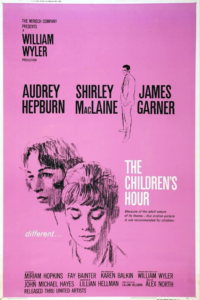
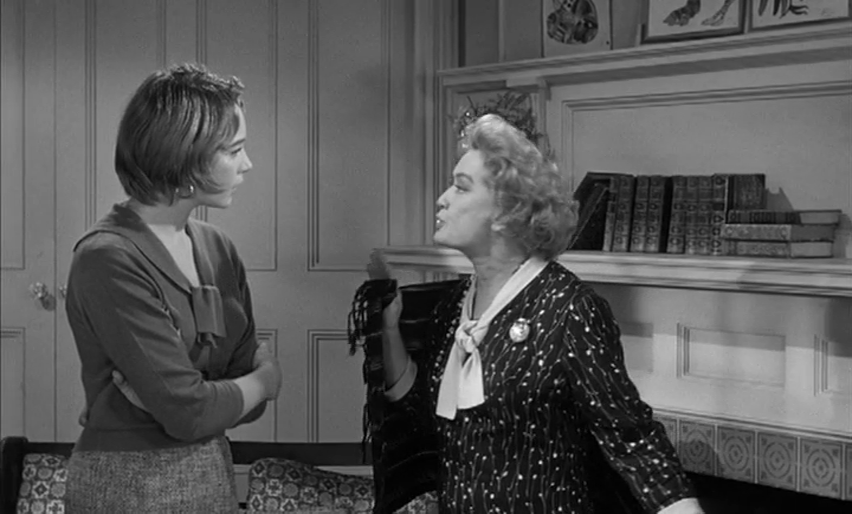

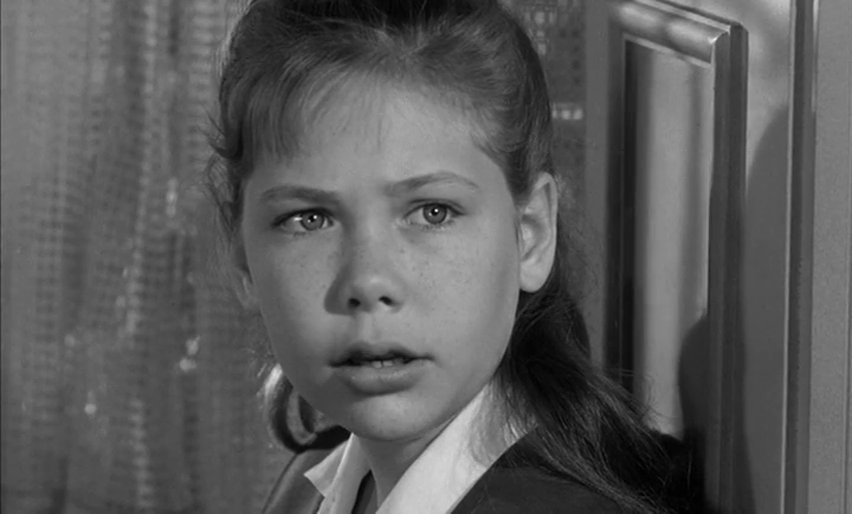
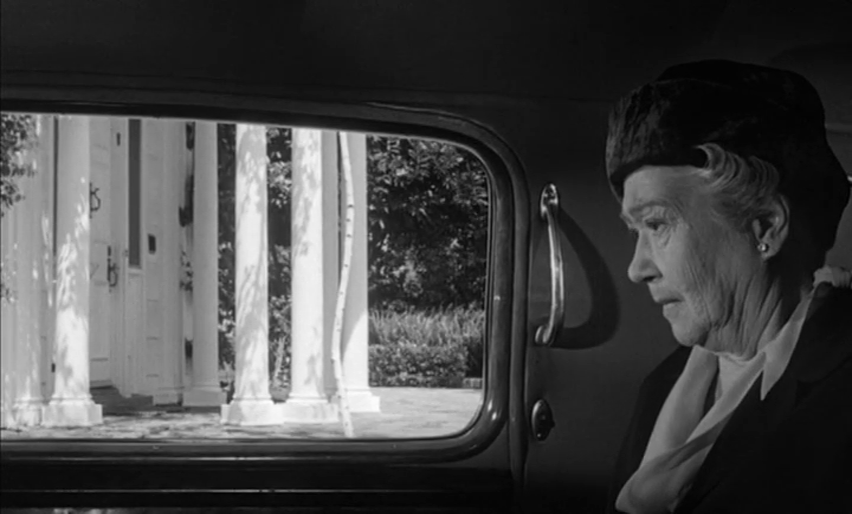
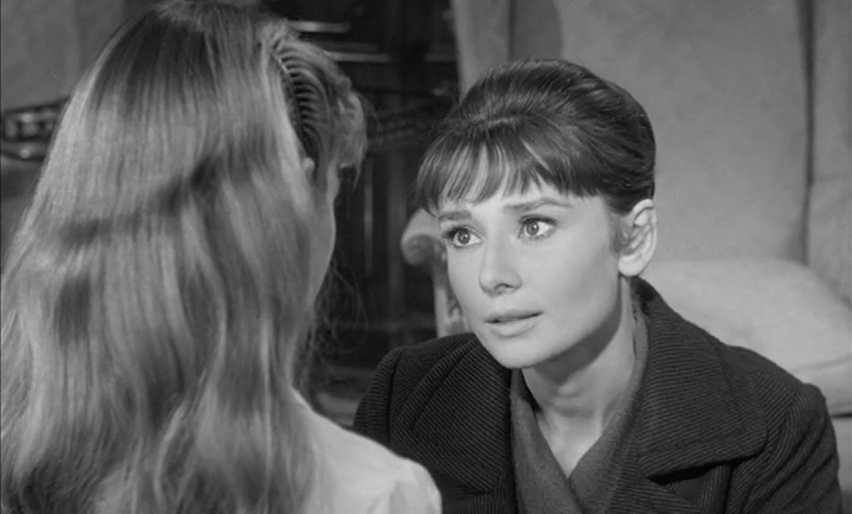
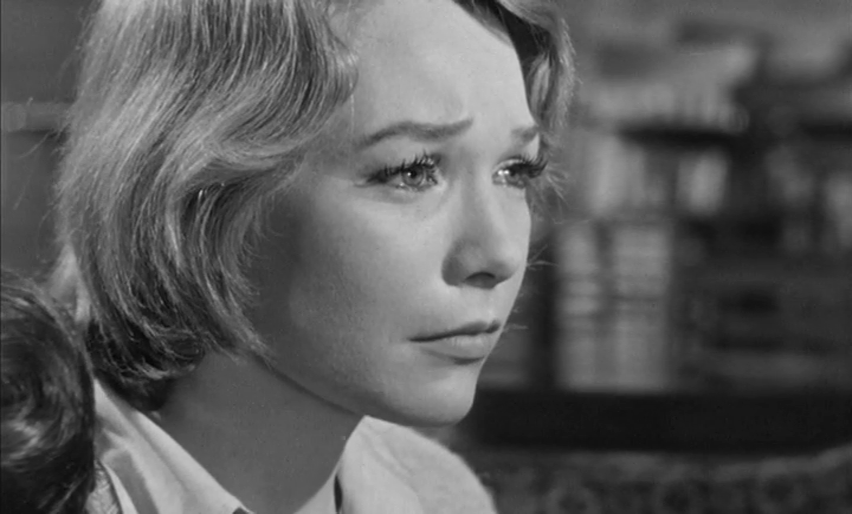
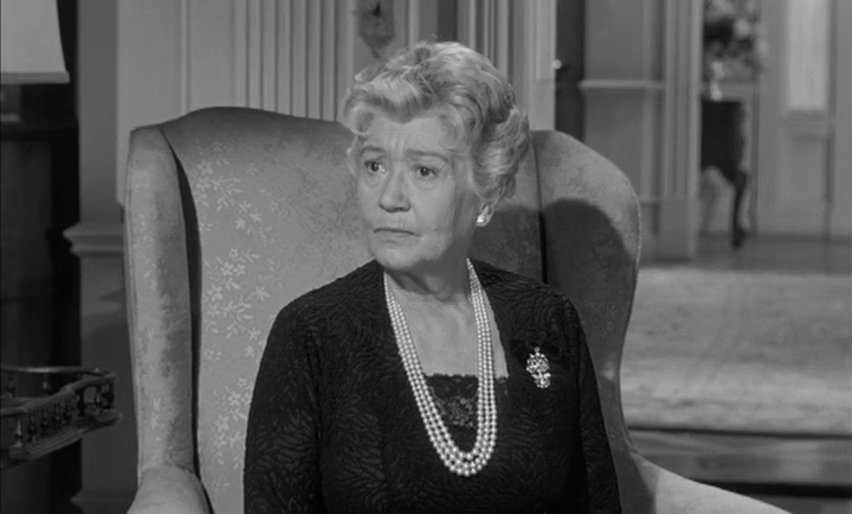
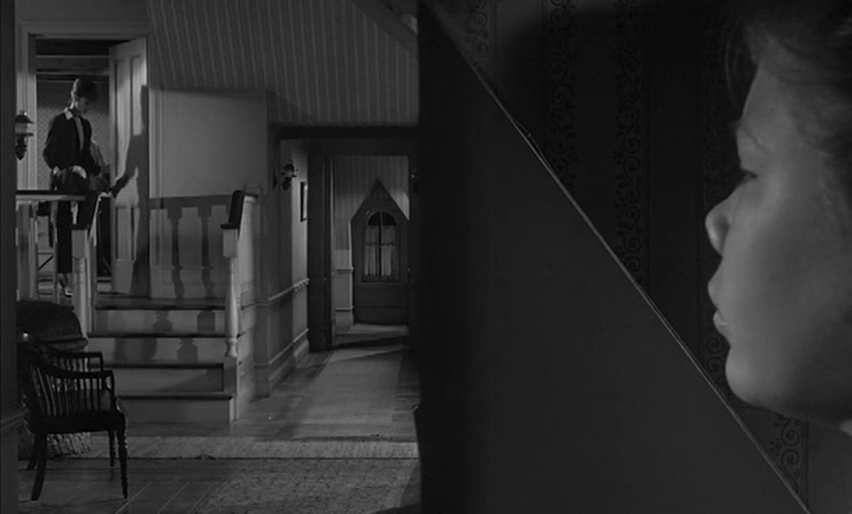
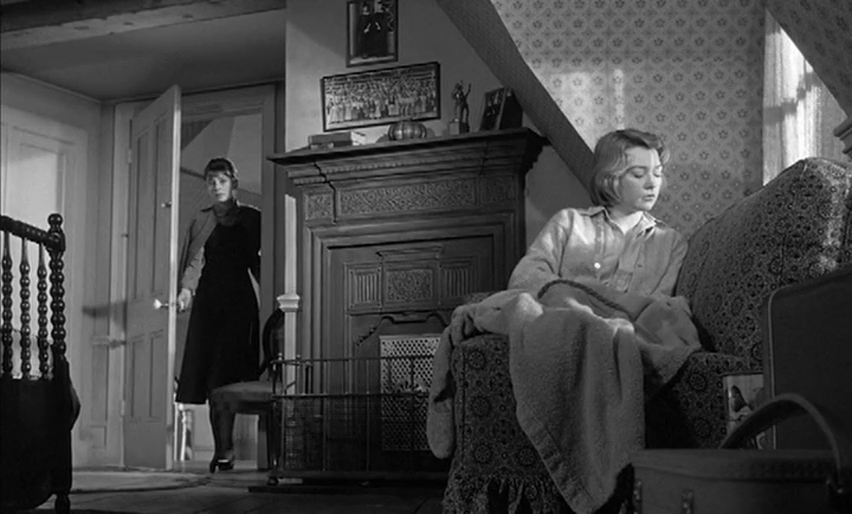
5 thoughts on “Children’s Hour, The (1961)”
A must-see – for its place in cinema history, Wyler’s direction and the performances.
At one point in the documentary ‘The Celluloid Closet’, Shirley MacLaine is on-camera as one of many ‘talking heads’ commenting on the history of gay cinema. She takes the opportunity to make a statement to the effect (I don’t recall the exact quote) that ‘The Children’s Hour’ was, in retrospect, a sort of blot on her career. She says something like, “We got it all wrong. We didn’t know what we were doing.”
I remember thinking, ‘Why is she apologizing for ‘The Children’s Hour’?’ Is it because she’s thinking that it showed gay people in a bad light? And that she personally had to apologize, for being involved in something like that? That’s what it sounded like.
Apparently she forgot or overlooked a few things as she tried to suck up to the gay community. In making ‘The Children’s Hour’, Wyler *already* apologized (essentially) for screwing up the play in his first filming of it (‘These Three’) – in which homosexuality is not even mentioned and, indeed, not even part of the plot (a heterosexual scandal replaces it).
MacLaine also conveniently ignored the fact that ‘TCH’ is faithful to a play FIRST PERFORMED IN 1934 (!) and that it reflected the time period. Even if one accepts the fact that Wyler’s remake takes place in 1961, there was still nothing for MacLaine to apologize for. In 1961, homosexuality was still called a mental illness. Why didn’t she mention that?!
Instead of just reminding people of that, MacLaine embarrassed herself.
It’s too bad, because (as a character who has never really faced her own sexuality) she gives a terrific performance in the film. As does the entire cast. The film remains a very powerful indictment of gossip and bigotry (in its way, the equal of John Patrick Shanley’s ‘Doubt’). Even today in America, there are areas that are not all that grown up yet – where it is still, unfortunately, going to work against you if you are singled out for being gay.
I’m really glad to get your take on this — and to hear that it sounds like this film was a big move forward for the time.
I can understand MacLaine’s embarrassed response in the documentary interview (it seemed to me to reflect her own growth and reflection), but your point is also really well taken that she could have better contextualized the time period in which the film was made.
As I recall, MacLaine didn’t offer up any examples of what exactly she felt the film had gotten “wrong”, so we were left not knowing what her argument actually was. Did she want Hellman’s work rewritten *again* as it had been with ‘These Three’? Did she want her character to not choose suicide but, instead, to be a champion in a cruel society? Did she think the film had the responsibility to make a stand for community strength and social change?
I’m guessing she wanted all of that. But, you’re right; she didn’t contextualize.
In gay cinema history, there are lots of films that “got it wrong” (to MacLaine’s apparent way of thinking) and the ’60s is particularly full of them. Nevertheless, those films overall mirror repression, angst and a deficit in identity.
Of course, once liberation was a given, the pendulum often swung completely the other way – and we saw many gay films in which characters were almost *never* supposed to be accountable for much but were simply to be proud of being gay, gay, gay!
Balance has always been necessary here. Sometimes we get that, often we don’t.
Here is the clip of MacLaine in The Celluloid Closet:
https://youtu.be/429gotnYSt0
And here’s a transcription from IMDb:
“Isn’t that amazing? Truly amazing.”
My response: No, Shirley, it’s not amazing. You were doing A PERIOD PIECE! It’s an idiotic viewpoint.